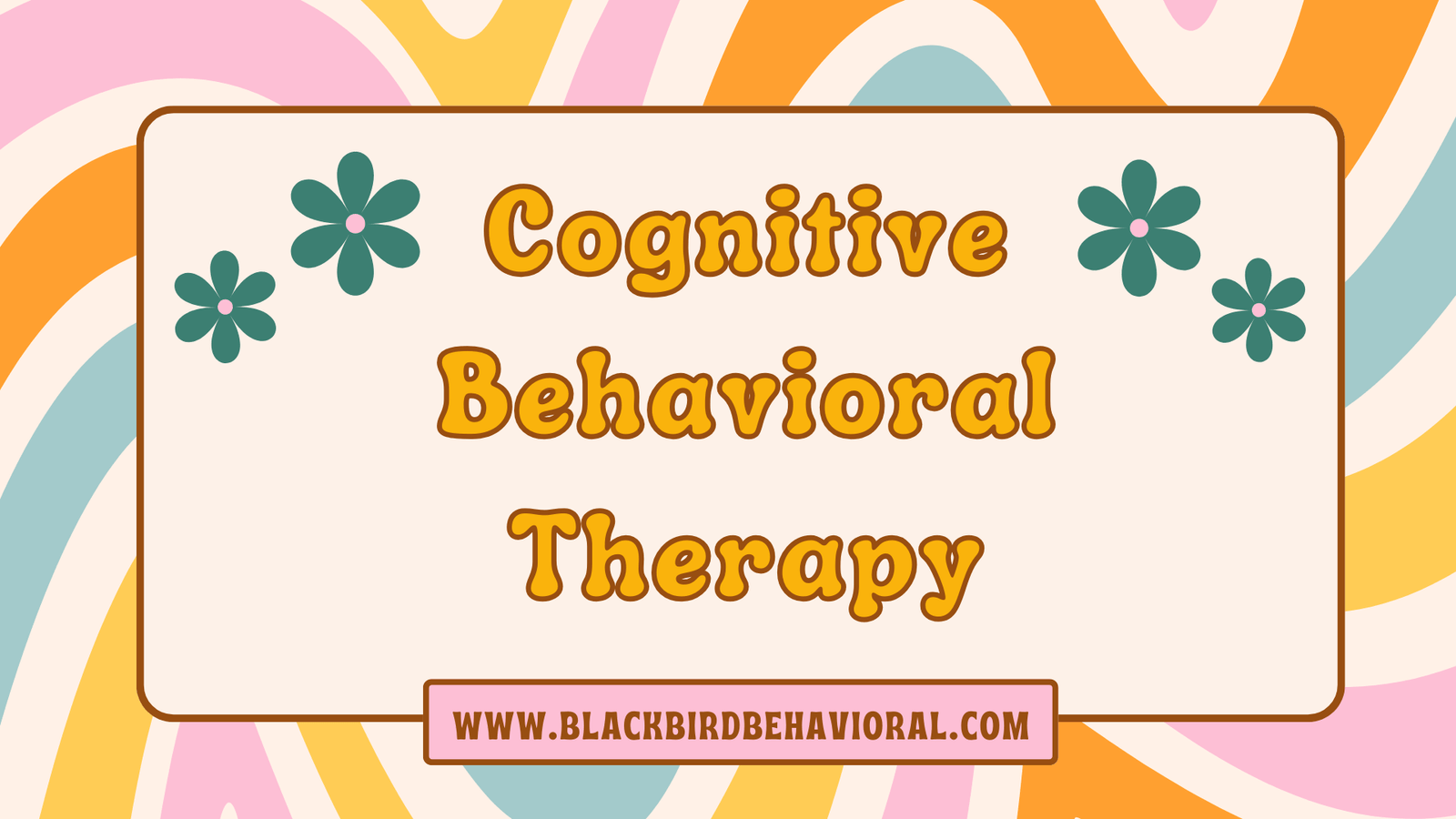Introduction
Negative thought patterns can have a significant impact on your mental health, leading to anxiety, depression, and stress. Cognitive-Behavioral Therapy (CBT) is an evidence-based approach that helps individuals identify and change these unhelpful thoughts. In this guide, we’ll explore what CBT is, its core techniques, and how it can benefit you.
What is Cognitive-Behavioral Therapy (CBT)?

Overview of CBT
Cognitive-Behavioral Therapy (CBT) is a structured, goal-oriented form of psychotherapy that focuses on identifying and changing negative thought patterns and behaviors. CBT is based on the idea that our thoughts, feelings, and behaviors are interconnected, and by changing one, we can influence the others.
The Science Behind CBT
CBT has been extensively researched and is one of the most effective treatments for a range of mental health conditions, including anxiety, depression, and stress. It is grounded in cognitive and behavioral psychology, and its effectiveness is supported by numerous clinical studies.
Core Techniques in CBT
Cognitive Restructuring
Cognitive restructuring involves identifying and challenging negative thought patterns, known as cognitive distortions. This technique helps individuals replace unhelpful thoughts with more realistic and positive ones.
Exposure Therapy
Exposure therapy is used to gradually expose individuals to feared situations or objects in a controlled and safe manner. This technique helps reduce fear and anxiety over time.
Behavioral Activation
Behavioral activation involves engaging in activities that are enjoyable and rewarding, helping individuals break the cycle of depression and inactivity. It encourages positive behaviors that can improve mood and motivation.
Problem-Solving Skills
CBT teaches practical problem-solving skills to help individuals cope with life’s challenges. This technique empowers individuals to take control of their situations and find effective solutions.
May you also like : Dialectical-Behavioral Therapy: Techniques for Emotional Balance and Healthy Relationships
Benefits of Cognitive-Behavioral Therapy
Reduced Anxiety and Depression
CBT is highly effective in reducing symptoms of anxiety and depression by addressing the root causes of negative thought patterns and behaviors.
Improved Emotional Regulation
By learning to identify and change unhelpful thoughts, individuals can better manage their emotions and reduce emotional distress.
Better Stress Management
CBT provides practical tools for managing stress, helping individuals develop healthier coping mechanisms and reduce the impact of stress on their daily lives.
Enhanced Problem-Solving Abilities
CBT teaches individuals how to approach problems in a systematic and effective way, improving their ability to handle challenges and make positive changes in their lives.
May you also like : Trauma-Focused Therapy: Healing and Recovery from Trauma
May you also like : Managing Anxiety: Tips and Techniques for a Calm Mind
May you also like : Conquer Depression: Strategies for Healing and Hope
How CBT Helps Overcome Negative Thought Patterns

Identifying Cognitive Distortions
Cognitive distortions are irrational and unhelpful thought patterns that can lead to negative emotions and behaviors. CBT helps individuals identify these distortions and challenge their validity.
Replacing Negative Thoughts with Positive Ones
Once cognitive distortions are identified, CBT teaches individuals how to replace them with more positive and realistic thoughts. This shift in thinking can lead to improved mood and behavior.
Developing a Growth Mindset
CBT encourages the development of a growth mindset, where individuals believe in their ability to change and improve. This mindset fosters resilience and a proactive approach to personal growth.
Getting Started with CBT
Finding a Qualified CBT Therapist
To get started with CBT, it’s important to find a therapist who is trained and experienced in this approach. Look for licensed mental health professionals with specialized training in CBT.
What to Expect in CBT Sessions
CBT sessions are typically structured and goal-oriented. Your therapist will work with you to identify specific problems and develop a treatment plan. Sessions may involve exercises, homework assignments, and practice of CBT techniques.
Self-Help CBT Resources
In addition to working with a therapist, there are many self-help resources available, such as books, online courses, and apps that can help you learn and practice CBT techniques on your own.
May you also like : Cognitive Processing Therapy (CPT): A Journey to Healing Trauma
Conclusion
Cognitive-Behavioral Therapy offers powerful tools and strategies for overcoming negative thought patterns and improving mental health. By learning and applying CBT techniques, you can take control of your thoughts, emotions, and behaviors, leading to a more positive and fulfilling life.
At Blackbird Behavioral, I am dedicated to helping you overcome negative thought patterns and improve your mental health through Cognitive-Behavioral Therapy. If you’re ready to start your journey towards a more positive and fulfilling life, visit www.blackbirdbehavioral.com to learn more about our services and how I can support you. Take the first step towards a brighter future today.







